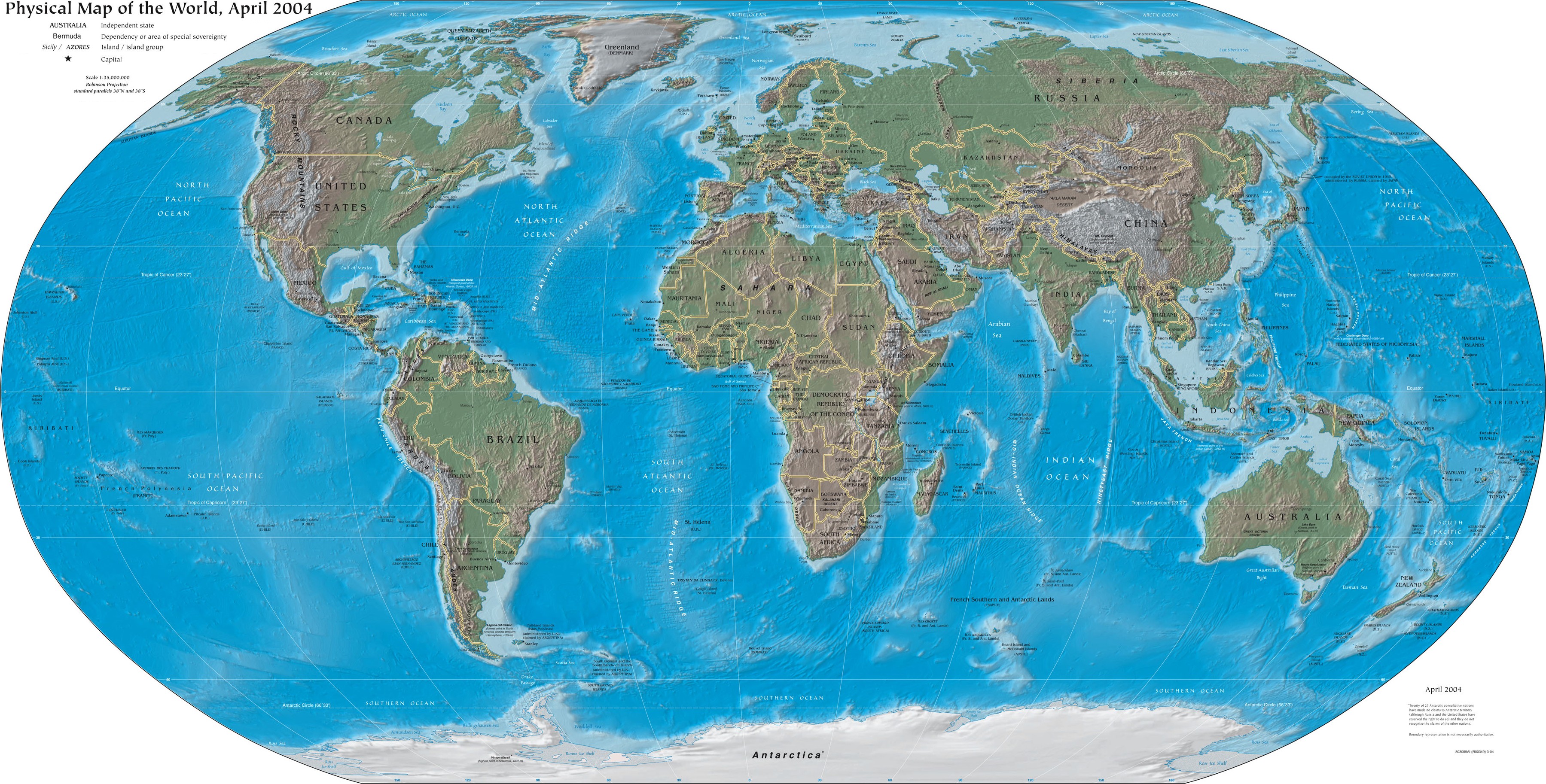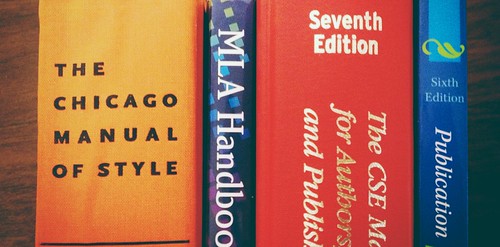For the class peer review on our final projects, an open letter, I reviewed Jenny and Clay's drafts. For the rest of this blog post, I will be reflecting on the feedback I received on my own draft and what I have learned from that feedback using the bulleted list from A Student's Guide To First-Year Writing pages 253-6.
1. Did you demonstrate an ability to think about your writing and yourself as a writer?
Yes, I provided a lot of context about the type of writer I used to be compared to now. However, after reflecting on the feedback received from my peers, I should add a few more examples with textual evidence in order to better support my claims and keep my reader interested.
2. Did you provide analysis of your experiences, writing assignments, or concepts you have learned?
I provided various explanations of experiences I had throughout the course, however like I already mentioned, I should provide further examples and evidence to make the analysis stronger.
3. Did you provide concrete examples from your own writing (either quotes from your writing or rich descriptions of your writing process)?
A few, from the blog posts and deadlines but not enough! I want to add textual evidence and hyperlinks from the final version of Project 3 because I feel like it would be a good way to exemplify the skills I have gained throughout this course; Project 3 was a more independent project that I felt strongly about.
4. Did you explain why you made certain choices and whether those choices were effective?
Kind of, but not exactly (depends on which examples I am talking about)... maybe this would be effective to add to when I talk about organizing my time.
5. Did you use specific terms and concepts related to writing and the writing process?
Yes! I tried to incorporate/explain most of the steps and concepts my newly improved writing process. However, I am worried that maybe it is a little too long and list-like. I might remove parts of it that are seemingly less important than others and focus on the new concepts that were really useful to me throughout the course and outside the course as well.
In general, I plan on revising the overall conventions of the genre I am writing in as well as my writing style. I tend to write wordy sentences, and for a letter, that writing style might not be very effective to keep my audience's attention. Additionally, I plan to revise the content within my letter by making sure I provide sufficient explanation for my examples as well as make sure that the examples are clear and effective.
 |
| Sullivan, Matthew (2007) "something to see here" via Flickr Attribution Non-Commercial 2.0 Generic License |
1. Did you demonstrate an ability to think about your writing and yourself as a writer?
Yes, I provided a lot of context about the type of writer I used to be compared to now. However, after reflecting on the feedback received from my peers, I should add a few more examples with textual evidence in order to better support my claims and keep my reader interested.
2. Did you provide analysis of your experiences, writing assignments, or concepts you have learned?
I provided various explanations of experiences I had throughout the course, however like I already mentioned, I should provide further examples and evidence to make the analysis stronger.
3. Did you provide concrete examples from your own writing (either quotes from your writing or rich descriptions of your writing process)?
A few, from the blog posts and deadlines but not enough! I want to add textual evidence and hyperlinks from the final version of Project 3 because I feel like it would be a good way to exemplify the skills I have gained throughout this course; Project 3 was a more independent project that I felt strongly about.
4. Did you explain why you made certain choices and whether those choices were effective?
Kind of, but not exactly (depends on which examples I am talking about)... maybe this would be effective to add to when I talk about organizing my time.
5. Did you use specific terms and concepts related to writing and the writing process?
Yes! I tried to incorporate/explain most of the steps and concepts my newly improved writing process. However, I am worried that maybe it is a little too long and list-like. I might remove parts of it that are seemingly less important than others and focus on the new concepts that were really useful to me throughout the course and outside the course as well.
In general, I plan on revising the overall conventions of the genre I am writing in as well as my writing style. I tend to write wordy sentences, and for a letter, that writing style might not be very effective to keep my audience's attention. Additionally, I plan to revise the content within my letter by making sure I provide sufficient explanation for my examples as well as make sure that the examples are clear and effective.












.png)